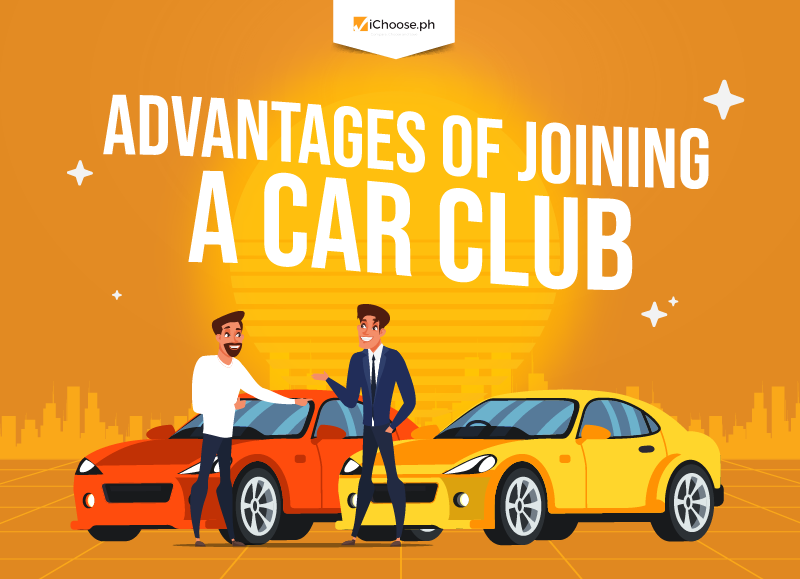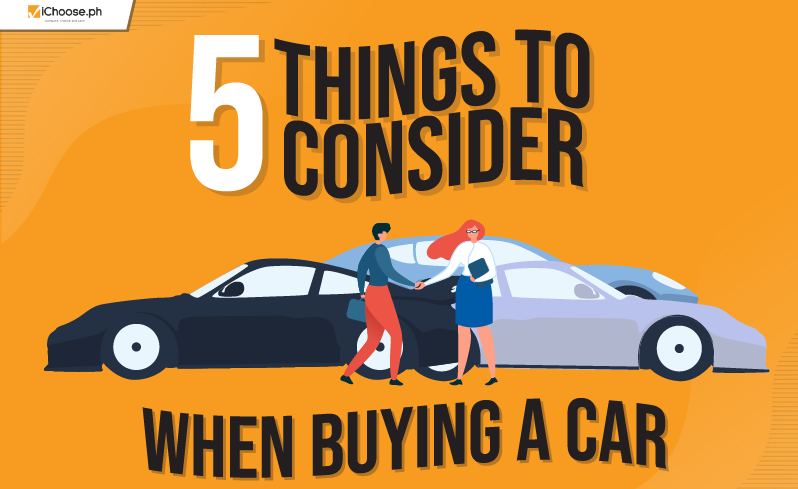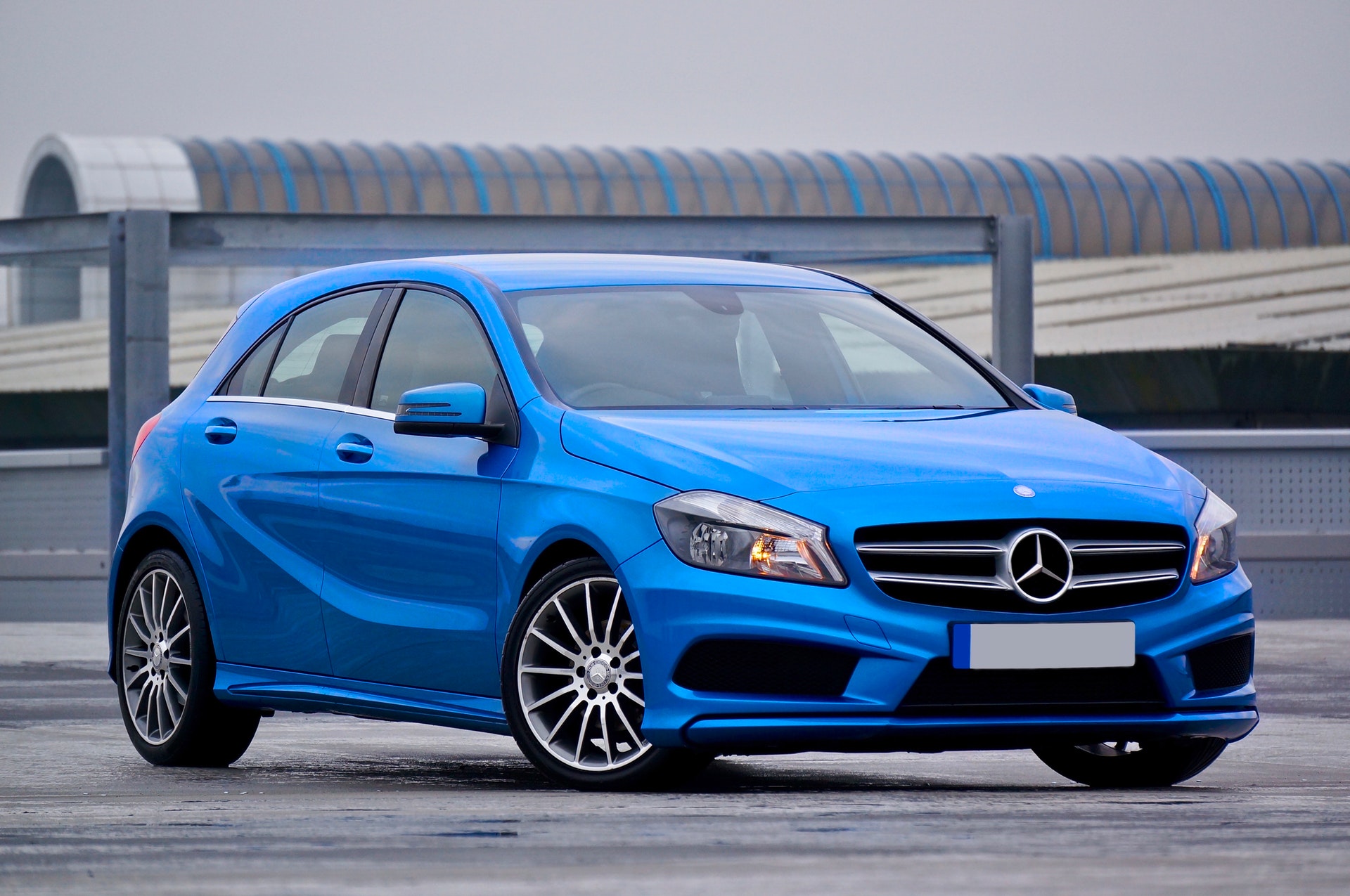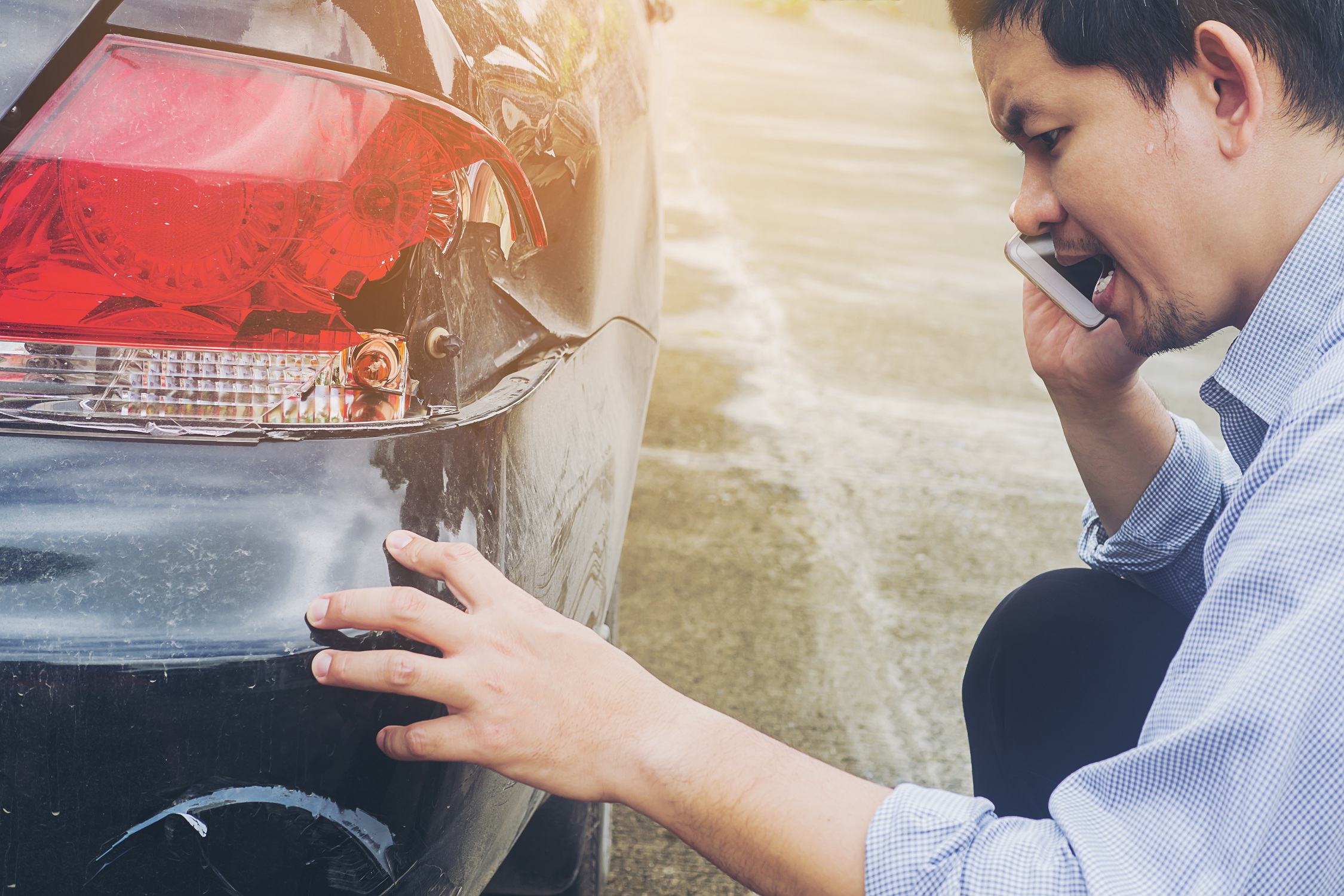Choosing the Right Car for You
Finally, you have decided. You are getting your first (or a new) car! While some people have been dreaming of a specific car for all of their lives, some may still be unsure of which ride to buy and drive.
Being presented with a wide array of choices in cars can both be a good and bad thing. For newbie drivers, all the options along with all the techy terminologies may be overwhelming and too much for them to handle. However, it is still better to have more options to choose from. For many car shoppers, a car is a rational choice; they buy what they need to transport themselves and their loved ones as safely, comfortably, and cheaply as possible.
Buying a car is a monumental moment in your life, and of course, determining which model, type, and brand to get is a decision worth pondering for a while. When it comes to choosing a car, here are various things to consider, and some questions to ask yourself:
Focusing on the number of models available, the number of body styles alone can be overwhelming. According to car experts, considering what you like and dislike can help to narrow down your choices.
What Size of Car Do You Need?
We say start small. And right off the bat, let’s debunk a common myth: Larger vehicles are safer than smaller ones. The safest collision is one you avoid in the first place. Lighter cars are typically more agile and give you a better chance of steering away from a crash rather than gripping the wheel, barreling in, and letting physics punish the other driver.
What is a coupe? How does it differ from a sedan, a crossover, or an SUV? Here are the basics that you should know:
Coupe: A coupe is classically defined as a closed two-door car with a fixed roof. Although it is considered sporty by nature, it is quite different from a sports car engine-wise. It generally gets just 2 seats or with a smaller-than-average rear.
Sedan: Traditionally, a sedan is defined as a car with four doors and a typical boot/ trunk. Slightly technical detail is that it usually features a 3-box configuration with each of the boxes categorically used for the engine, passenger, and cargo.
SUV/AUV: Conventionally, a sports utility vehicle (SUV) is a big car built on a body-on-frame chassis, sports increased ground clearance, and offers off-roading capabilities to a certain extent. With that said, the aforementioned definition of an SUV has blurred over time and often includes both off-roaders and soft-roaders.
How much space do you need?
Deciding on which car to get should also be about the people who will be riding it with you. If you have a large family, probably with kids, you will definitely need a bigger car with lots of space for all the stuff every child needs. If you are often just by yourself—no family and just drives for yourself, then having a smaller car is the best idea.
If you are planning on building a big family, opt for bigger cars. This is especially important for those who have a big family who has kids with them on car seats. More space is needed if you are carrying your whole family with you so a car with more space inside is preferable. If you usually transport around 4 people and need lots of trunk space, then you should get a full-size sedan, a minivan, or an SUV.
Don’t go over budget
One way of narrowing down your choices is by checking your budget or having a price ballpark in mind. Remember that before going to the showrooms for test drives and car checks, you should have a primary budget in mind. This will help you to remain reasonable about the choices and not give in to a car you really cannot afford.
Consider fuel efficiency
If your main priority is fuel efficiency, a hybrid will be right for you. You’ll want to consider however whether it is worth it or not. If you have a commute longer than thirty miles to work daily, or if you spend a great deal of a short commute in traffic every morning, then hybrids are a great option versus economy-sized four-cylinder cars. Extra cylinders and displacement greatly decrease fuel economy overall, and extra frontal area greatly decreases fuel economy at speed. A long, low car such as a big sedan or wagon with a relatively small, cheap engine can be stylish, comfortable, and safe.
Will, it fit your garage?
One of the most often overlooked factor to consider is the size of their garage—or parking space. It is one of the most common problems in the Philippines, which often leads to parking on side streets. Before buying a car, make sure you have a garage or a parking space in your back yard or front yard.
More useful reads from iChoose.ph






